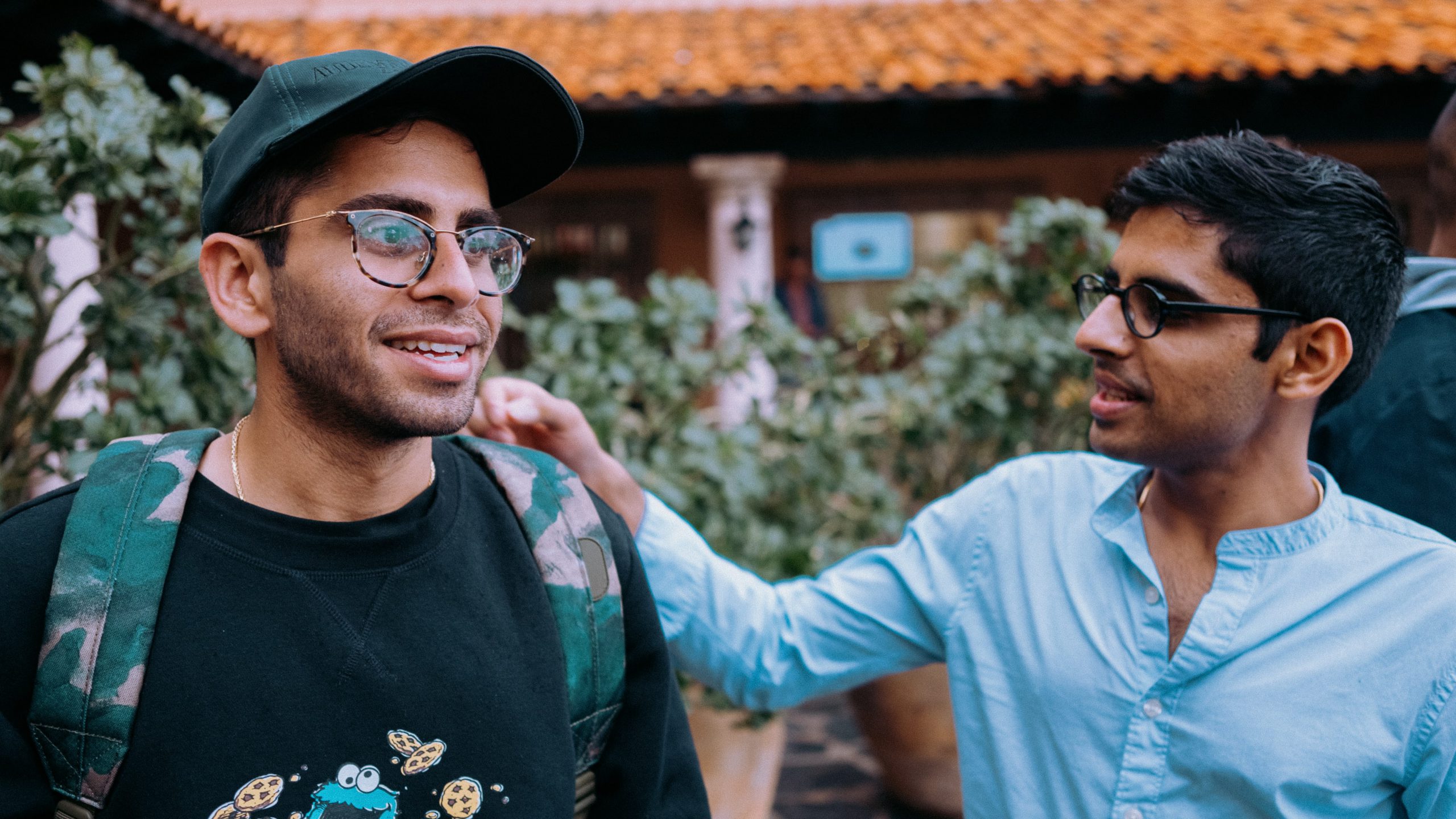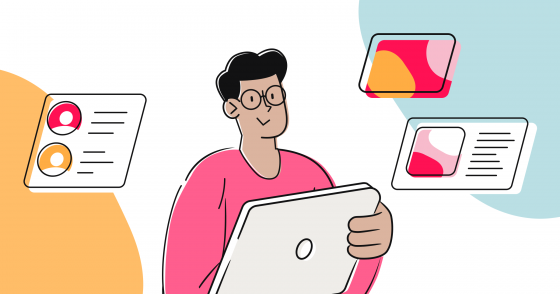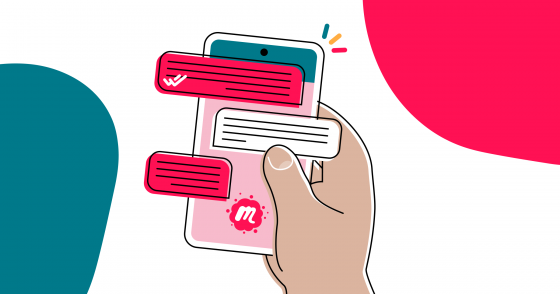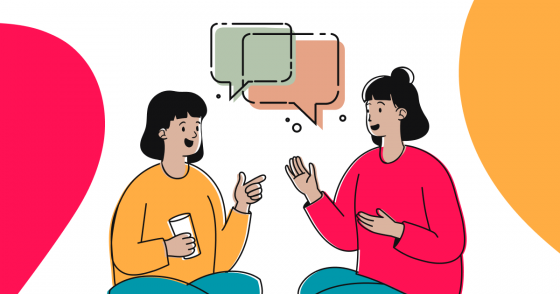So you’ve made that first connection with someone you could see yourself becoming good friends with—now how do you take that connection to the next level?
If you’ve found that creating strong friendships as an adult is more difficult than when you were younger, you’re not alone. In fact, sociological research shows that the essential building blocks of friendships are harder to come by in adult life. Even just a casual friendship can require up to 50 hours of quality time, which is a big ask when you’re juggling work, relationships, family, and all your other responsibilities.
Despite the day-to-day challenges that could convince you to put new friendships on the back burner, the effort you make will be worth the reward! Take the Mayo Clinic’s word for it: friendships enrich your life by increasing your sense of belonging, reducing stress, boosting your mood, helping you persevere through hard times, and so much more.
With this simple guide, learn how to transition from acquaintance to friend more successfully and in less time.
Position yourself to meet people who share your interests
Connecting over something you have in common isn’t the only way to make new friends, but it’s a tried-and-true method for a reason. Your passion or hobby gives you a built-in safety net in any social situation.
Do you fear not knowing what to say when you’re out meeting new people? Well, imagine you’re a Sex in the City superfan and you’re attending Sex and the City trivia night—the conversation will flow so naturally that you’ll lose your anxieties and be fully present in the moment.
Whether it’s HBO shows, sketching, hiking, or anything else, your shared interest will be the home base of your new friendship. Over time, you can steadily begin branching out.
Be intentional and follow up
There’s no need to hide it—if you strike up an interesting conversation with someone and you want to chat more with them in the future, you can say so! Ask the other person if they’d be comfortable exchanging contact info.
Hint: some forms of contact info are more casual than others. In some cases, it may be more appropriate to become mutual followers on Instagram or to exchange emails, rather than exchanging phone numbers right away. Just use your best judgment.
After you’ve established a new way to communicate, you can follow up by suggesting an outing. You don’t need to make a grand gesture—just think about what the two of you originally connected over, and follow that thread. If you’re both big readers, you could check out a local bookstore or attend a book club. You could even create your own book club and invite your new friend to help you organize it!

Be flexible, be available, and try not to read too much into a cancellation
Your friend may not be able to make your suggested hangout, or might even have to cancel after you’ve already arranged plans. Don’t give up on this new connection just yet. Put yourself in their shoes—you know life can be super busy and unpredictable.
If your plans fall through for whatever reason, the best thing you can do is to accept that gracefully, and check back in later to reschedule. Your new friend will appreciate your flexibility.
Listen, listen, listen
People feel close to those who demonstrate a genuine interest in them. So take note of what’s going on in your friend’s life. If they have a birthday coming up, send them a happy birthday text. If they’re starting a new job, ask them how they’re settling in.
You know what it’s like talking to someone who’s not paying much attention or just waiting for their turn to speak. Don’t be that person. In the course of normal conversation, there are small but significant things you can do to show that you’re truly engaging with your friend, from body language to asking follow-up questions.
Give it a try
Close friendships don’t happen overnight. It may take a few outings before you feel close to someone. That is totally normal!
There may be a couple of awkward moments on the journey from complete strangers to close friends. It’s a process that requires a little effort and a little patience. Just meeting people takes practice, and once you make friends, it takes work to maintain those friendships. But that work isn’t for nothing— the time and energy you dedicate to creating close connections are an investment in your own happiness. So put yourself out there, apply these simple tips for making friends, or even read some of the best books on how to be a better friend, and start living life to the fullest.
Last modified on September 22, 2023










